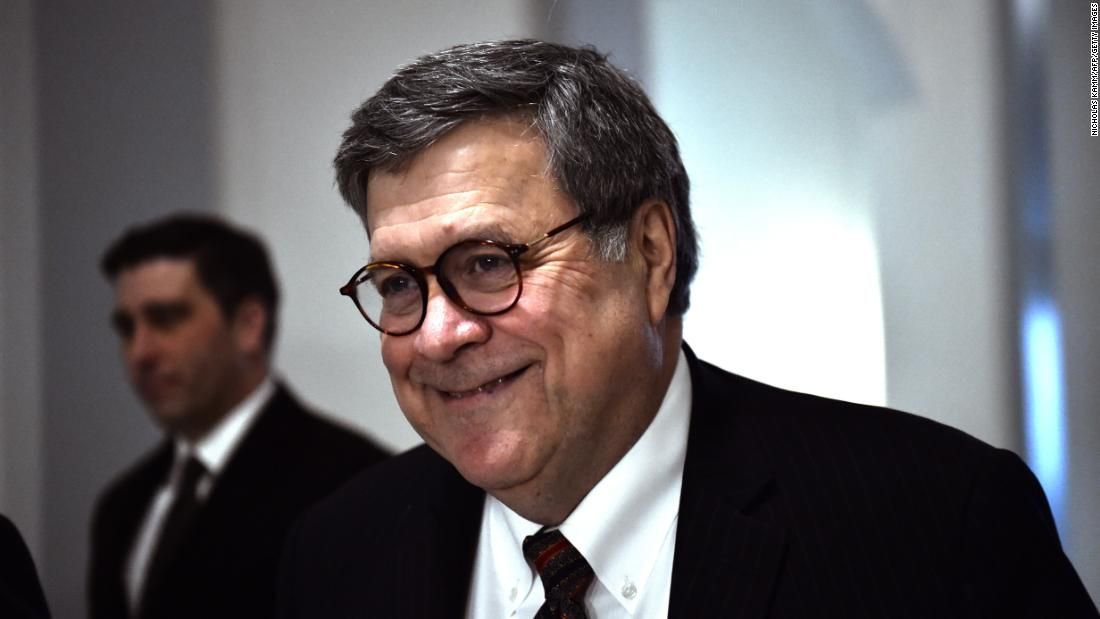AG William Barr gave a brilliant speech a few days ago that should be on everyone’s mind. Why? He elucidates the problem of separation of powers and modern judicial overreach.
Related: Clarence Thomas Strikes At The Heart Of Leftist Lawfare
It’s not as dull as it sounds. He talks to the problem of local district court judges invoking nationwide injunctions a power even the Chief Justice of the Supreme Court does not have.
Nationwide injunctions not only allow district courts to wield unprecedented power, they also allow district courts to wield it asymmetrically. When a court denies a nationwide injunction, the decision does not affect other cases. But when a court grants a nationwide injunction, it renders all other litigation on the issue largely irrelevant. Think about what that means for the Government. When Congress passes a statute or the President implements a policy that is challenged in multiple courts, the Government has to run the table—we must win every case. The challengers, however, must find only one district judge—out of an available 600—willing to enter a nationwide injunction. One judge can, in effect, cancel the policy with the stroke of the pen.
No official in the United States government can exercise that kind of nationwide power, with the sole exception of the President. And the Constitution subjects him to nationwide election, among other constitutional checks, as a prerequisite to wielding that power. Even the Chief Justice of the United States must convince at least four of his colleagues to bind the Federal Government nationwide.
You can read it here or listen to the best bits of it below.
| HotAir
